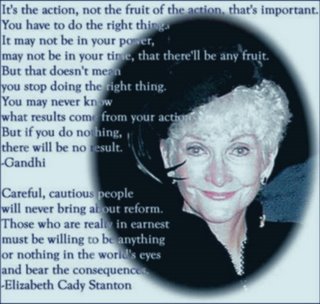More Punctuation Abuse: Swales


A Few Choice Words, Including 'Mistakes'
By Tom Shales
Thursday,
Most of the details of the speech were being reported on cable news channel and network newscasts all during the day, so it was hardly filled with surprises -- though Bush volunteering to take the blame for mistakes seemed at the very least unusual, not just for Bush but for any chief executive. Reporters and columnists suffer from passive-verb-itis. Passive verbs produce flaccid sentences and make the writer sound tentative—something the otherwise emphatic Mr. Shales appears to eschew. The NY Times Style Book cites the possessive-before-the-gerund rule, but no reporter there or anywhere pays the slightest attention to it. The Blue Shade press swashbucklers scorn a little thing like punctuation literacy, even though they purport to be professional writers and even though not knowing punctuation protocol for a writer is like not knowing how to drive a nail for a carpenter.
Mr. Shales says Durbin did a lousy Democratic-rebuttal job, but the NBC Hardball group rhapsodized about it, saying it sounded like a Republican America-Firsters’ spiel.


